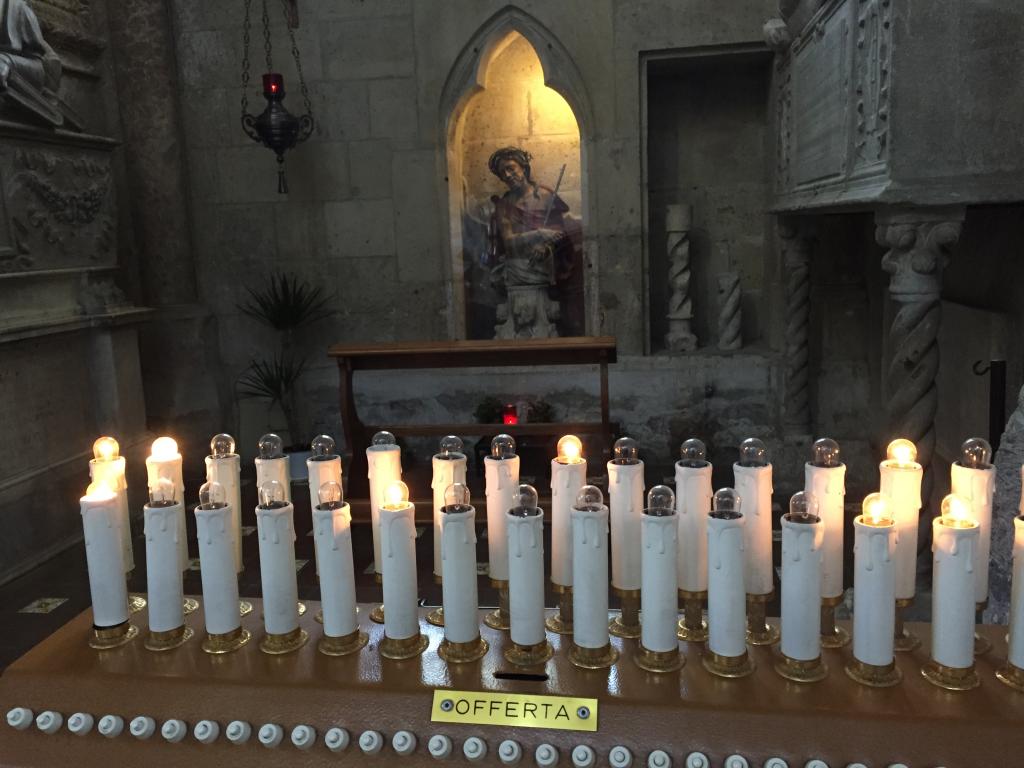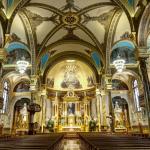Earlier this week, Cardinal Cupich announced that henceforth the Traditional Latin Mass in the Archdiocese of Chicago would be prohibited on the first Sunday of the month as well as the holiest days of the year for Catholics: Christmas, the Triduum, Easter Sunday, and Pentecost, ostensibly in the name of “unity” and in order to see the wisdom of the superior novus ordo mass. (See my prior blog post for more particulars.)
Since that news came out I have been watching reactions, and three things caught my eye that I wanted to share.
First, Cupich is not simply engaged in his best-faith effort to implement the guidance from Pope Francis. A twitter account shared a link to a report from 2002, when Cupich was the bishop of Rapid City, when he prohibited the Latin Mass community in Rapid City from celebrating mass together during the Triduum, that is, from noon on Holy Thursday until 8 AM on Easter morning.
Here’s his justification, in the form of a direct quote:
We’re just looking for an opportunity on an annual basis for us to all worship together, for one moment of unity as a Catholic church . . . .
I’m looking for one time each year to do that, and it seems the day the Lord died for us all would be a good day to do it. That’s all that this is about. . . .
There has to be some occasion on a yearly basis to reflect the fact that we are one church under one bishop. . . . I would ask them, ‘Why do they find it so difficult, on the day of the Lord’s death, to celebrate with their bishop, who is the sign of the Lord’s unity?'”
Cupich says he’s sorry the Latin Mass community is having trouble with his invitation to worship with him at the main Cathedral of Our Lady of Perpetual Help during Holy Week instead of at Immaculate Conception. “I’m supportive of their desire to have Sunday Mass there, and I’m going to be very patient with them,” he said.
But his understanding of Ecclesia Dei is that “… eventually, Catholics have to understand that the reform of the Second Vatican Council is, in fact, an improvement and is important to our spiritual life.”
it is not clear from the nearly 2½ hour video of the service, billed as “Christmas Eve at Sabina,” when the liturgy actually begins. There is no apparent greeting, penitential act, or opening prayer, all required Introductory Rites of the Novus Ordo liturgy.
Jesus, we thank you, for the birth of this day, we thank you for being the light that breaks the darkness, we thank you for reminding us that darkness has no power, we thank you for reminding us that evil has already been beaten, we thank you for reminding us that there is no hold on us, that we are the children of the light, that we are the light of the world.Help us, o God, to come back into the authority to which you have given us, to drive out the darkness wherever it seeks to reside, in our relationships, in our homes, in our streets, in our government, wherever there is darkness that is trying to make us live in fear. Help us to rise up and smash the darkness, and pierce it with the light that is Christ.Now Holy Spirit, stir us up on the inside. Give us back our boldness, give us back our authority, stir up in us the courage that allows us to rise up, to straighten out our backs, to lift up our head and to speak, Thus Saith the Lord, to a world that has turned their backs on him. Holy Spirit, stir up the gift in us, and may the light that has grown dim and the light that we have hidden, so now burn so bright, that wherever we go, sorrow was replaced with joy, hope replaces hopelessness, and hate turns into love.Now, Holy Spirit, bless these our gifts, and let them become for us here the Body and the Blood of our Lord Jesus Christ, for remember that before he went to Calvary to pay the price of our salvation, he invited us to table and there took bread and broke it and blessed it, and gave thanks to you, God our Father, and gave the bread to us and said, “Take this, all of you, and eat this, for this is my body, which is given up for you.”
the rubrics of the 1970 Missal and the current version of the Novus Ordo Missal . . . assumes that the priest is facing East, that is, toward the God who is to come to judge the living and dead [and] . . . the rubric at the Orate Fratres that tells the priest to “face the people”
And that’s my rant for today.














